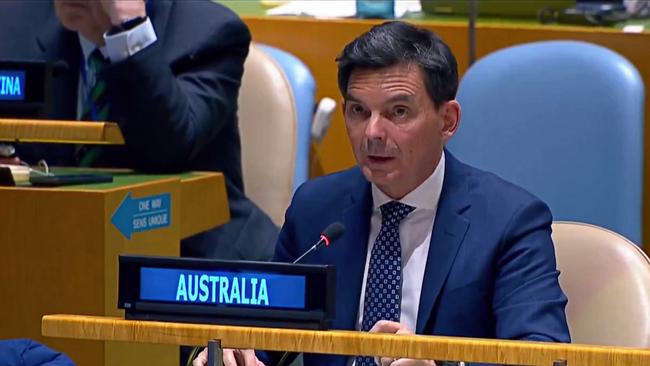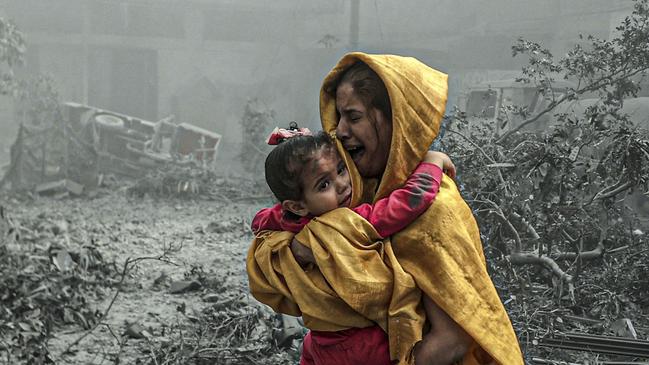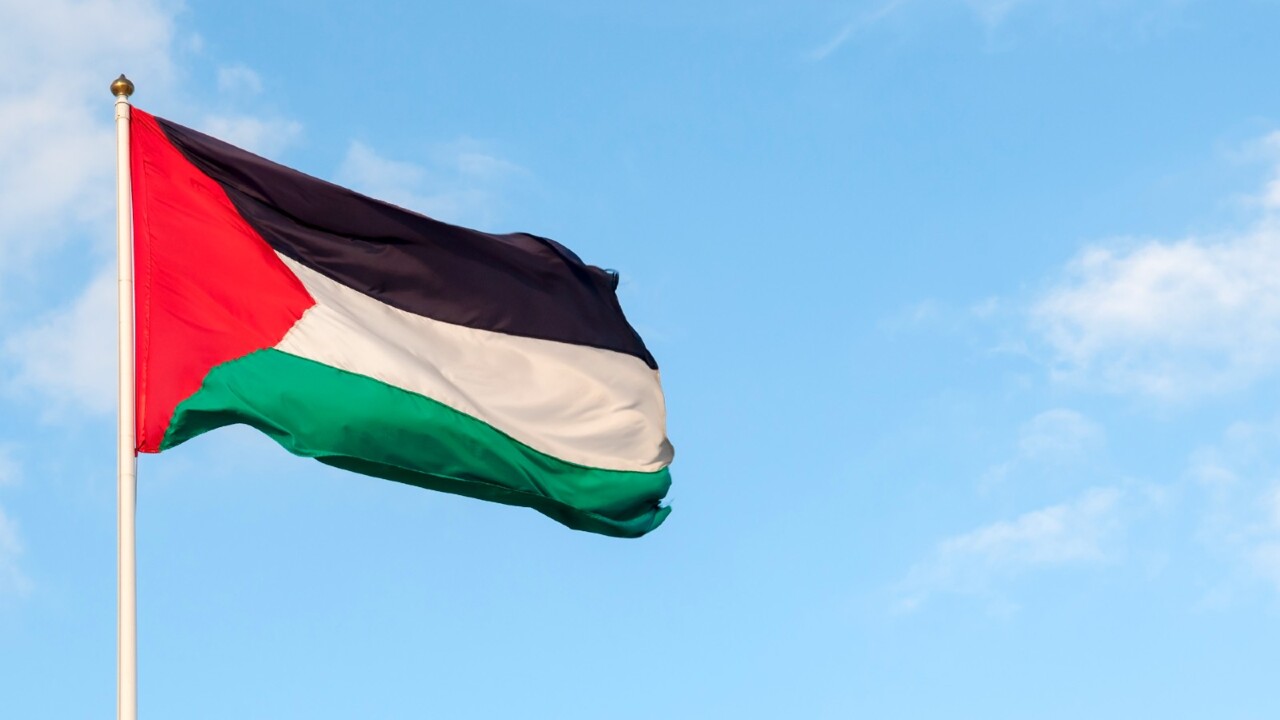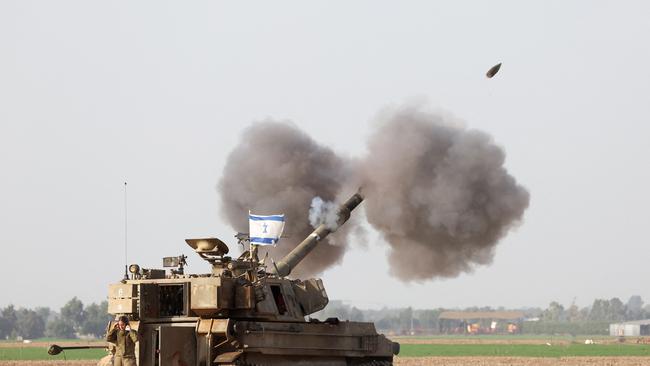Labor under fire on UN General Assembly Gaza vote
The Albanese government has been condemned by Israel, Jewish groups and the federal opposition for backing a UN resolution calling for an immediate ceasefire in Gaza.

The Albanese government has been condemned by Israel, Jewish groups and the federal opposition for backing a UN resolution calling for an immediate ceasefire in Gaza in a move that placed Australia at odds with its closest allies, the US and Britain.
Australia was among 153 nations to back a non-binding resolution, which Israel said would “embolden Hamas” and which the Coalition lashed as being a cynical ploy to save inner-city seats from the Greens.
Australia voted with like-minded countries including Canada, New Zealand, Japan and India, as well as rogue states North Korea, Iran and Russia.
The US opposed the resolution – which failed to mention Hamas – while Britain abstained.
The move followed Labor MP Josh Burns’s declaration on the ground in Israel this week that a premature ceasefire would only allow Hamas to regroup to attack the Jewish state again.
The resolution called for an “immediate humanitarian ceasefire” and “unconditional release of all hostages”, and for “all parties” to comply with humanitarian law.
Foreign Minister Penny Wong, who is due to visit Israel early next year, said human suffering in Gaza was widespread and unacceptable. “This is the world coming together to urge that these pauses be resumed so civilians can get the humanitarian aid they desperately need. Australia is part of that call, and we supported this resolution,” she said. “Australia has consistently affirmed Israel’s right to defend itself, and in doing so we have said Israel must respect international humanitarian law. Civilians and civilian infrastructure, including hospitals, must be protected.”
Senator Wong said Australia “obviously would have preferred” the resolution to mention Hamas’s October 7 attack on innocent Israelis, and it backed a failed amendment that sought to do so.

Australia’s support for the resolution followed a statement early on Wednesday by Anthony Albanese and his Canadian and New Zealand counterparts saying a ceasefire “cannot be one-sided” and calling on Hamas terrorists to lay down their weapons.
Israel’s ambassador to Australia said he was perplexed by Australia’s support for the resolution, saying the war would end only with Hamas’s defeat and the liberation of all hostages.
“I find it difficult to understand how Australia can support Israel’s right to defend its people from terrorist aggression while also voting in support of a ceasefire that will embolden Hamas and enable it to resume its attacks on Israelis,” Mr Maimon said.
The top Palestinian official in Australia, Izzat Abdulhadi, welcomed Australia’s “principled position”, saying it laid the groundwork for a “future leadership role” for Canberra in securing a durable peace in Gaza.
“This was a step in the right direction, and it is our hope and expectation that Australia will strengthen its principled position by taking further steps to support an immediate and permanent ceasefire,” he said.
Opposition legal affairs spokesman Julian Leeser said the Albanese government’s support for the motion was a strategic move motivated by domestic political considerations. “This is a decision about Grayndler not Gaza,” he said, referring to the Prime Minister’s Sydney seat.

“It’s about Labor’s tussle with the Greens rather than Australia’s support of free people. That’s how tawdry this call for a ceasefire is.”
Opposition foreign affairs spokesman Simon Birmingham said the “weak and appalling step” by the government had undermined Israel’s position.
Jewish groups blasted the government, saying the position was inconsistent with its stated call for a “sustainable peace”.
Australia/Israel and Jewish Affairs Council executive director Colin Rubenstein said Australia’s position was “confusing and contradictory”.
“By effectively calling for an end to the military pressure on Hamas but not demanding Hamas be disarmed, this resolution makes it much less likely that the ‘sustainable ceasefire’ Australia appropriately supports will ever be achieved,” he said.
Dr Rubenstein said everyone was concerned over the plight of civilians in Gaza but “the best way to end that suffering is to bring the war to a sustainable conclusion as rapidly as possible – meaning Hamas must be disarmed”.

The Zionist Federation of Australia and the Executive Council of Australian Jewry issued a joint statement saying they were “deeply concerned by the government’s inconsistency”.
“The Australian government cannot have it both ways,” the groups said. “Either it stands by its position in the joint statement that recognises that Hamas must be removed from power and return all the hostages, or it supports a ceasefire which would allow Hamas to remain in power and deliver on its promise to repeat the attacks of October 7 at the earliest possible opportunity.”
Greens leader Adam Bandt says Australia had acted “way too late, and not enough” with its move to vote in favour of a UN motion calling for a humanitarian ceasefire in Gaza. “It shouldn’t have taken Labor nearly 20,000 deaths and 67 days to finally vote for an immediate ceasefire at the UN,” he said.




To join the conversation, please log in. Don't have an account? Register
Join the conversation, you are commenting as Logout